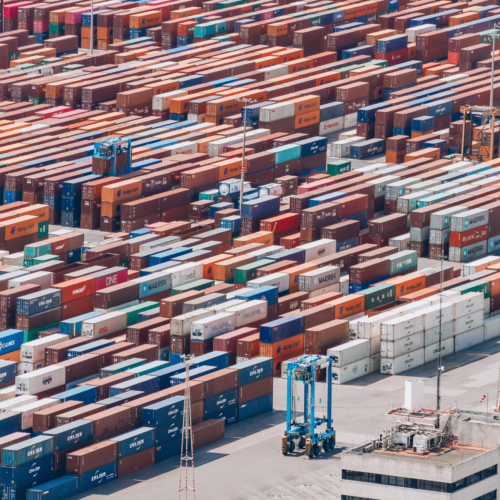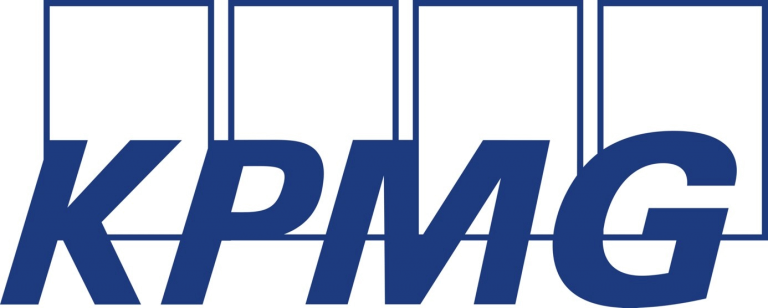
U.S. Tariffs and Countermeasures: What to Expect and How to Go Forward
Since January 2025, the new U.S. administration has been shaking up the global economy with a series of import tariffs. While U.S. President Donald Trump first announced heavy tariffs on Canada and Mexico, calling into question the trade deal he himself negotiated in his first term, he backpedaled on some of those threats just a few days later, leaving both countries in limbo. Only two weeks ago the U.S. then imposed 25% tariffs also on European steel and aluminum; on April 2 tariffs on car imports and car parts are to follow. For Germany, as an export-oriented nation and Europe’s largest economy, these tariffs hit especially hard. While it remains to be seen to what extent the European Union will retaliate with countermeasures, it is clear that the German industry needs to find a way to move forward and deal with future uncertainty in this new trade environment.
And while economists continue to warn that there are no real winners in a trade war, questions remain: can the U.S. government really benefit from the tariffs without hurting its own economy and U.S. consumers? Who will pay in the end? And most importantly, how can Europe and Germany respond forcefully? We want to use this Strategy Session to discuss the issues raised and share best practices on how to maneuver in these uncertain times.
Speakers:
- Prof. Dr. Lisandra Flach, Director, ifo Center for International Economics
- Georgina Janvier, Head of Communications and Public Affairs, Merck Electronics KGaA
- Anahita Thoms, Head of Germany’s International Trade Practice, Baker McKenzie
- Mario Urso, Head of Trade & Customs in Germany, KPMG AG
- Klaus Werner, Consul General of Denmark &. Executive Director, Innovation Centre Denmark, Munich
- Daniel Caspary, MEP, Chairman of the CDU/CSU Europe
Moderator:
- Julia Friedlander, CEO, Atlantik-Brücke e.V.
To register for this event, please fill out the registration form and indicate whether you will be attending in person or online.
 We would like to thank our corporate member KPMG AG for making this event possible.
We would like to thank our corporate member KPMG AG for making this event possible.
Um sich für diese Veranstaltung anzumelden, loggen Sie sich bitte ein.
Zum Login
